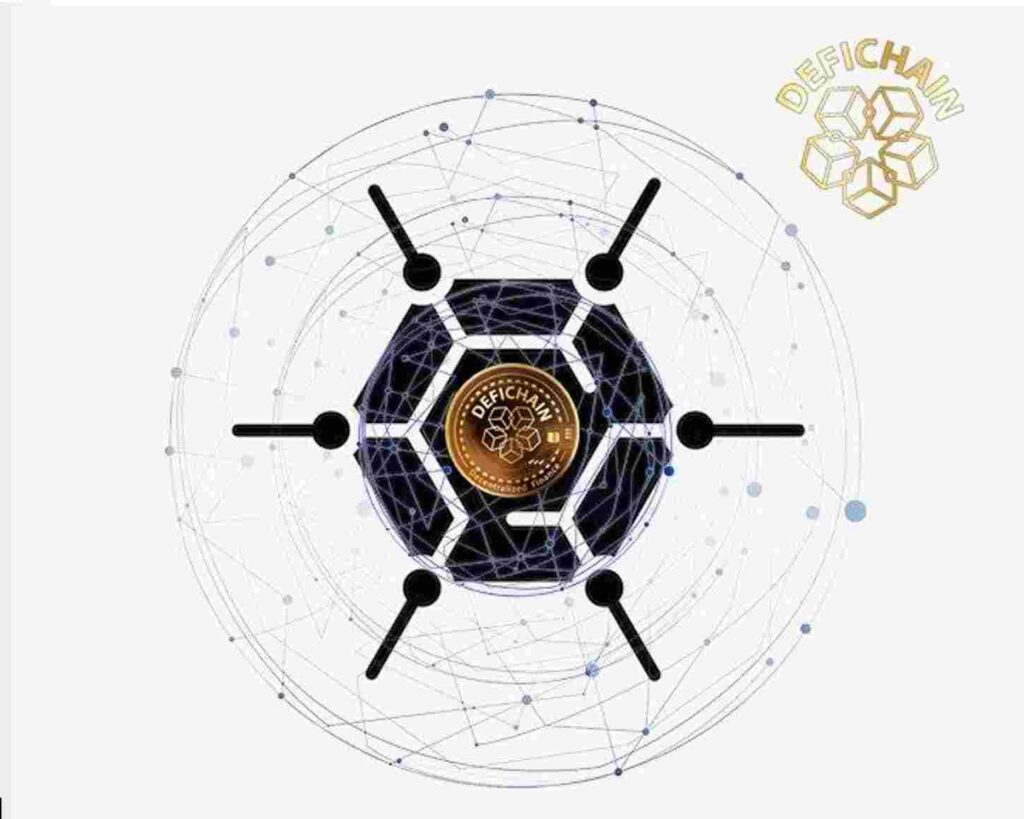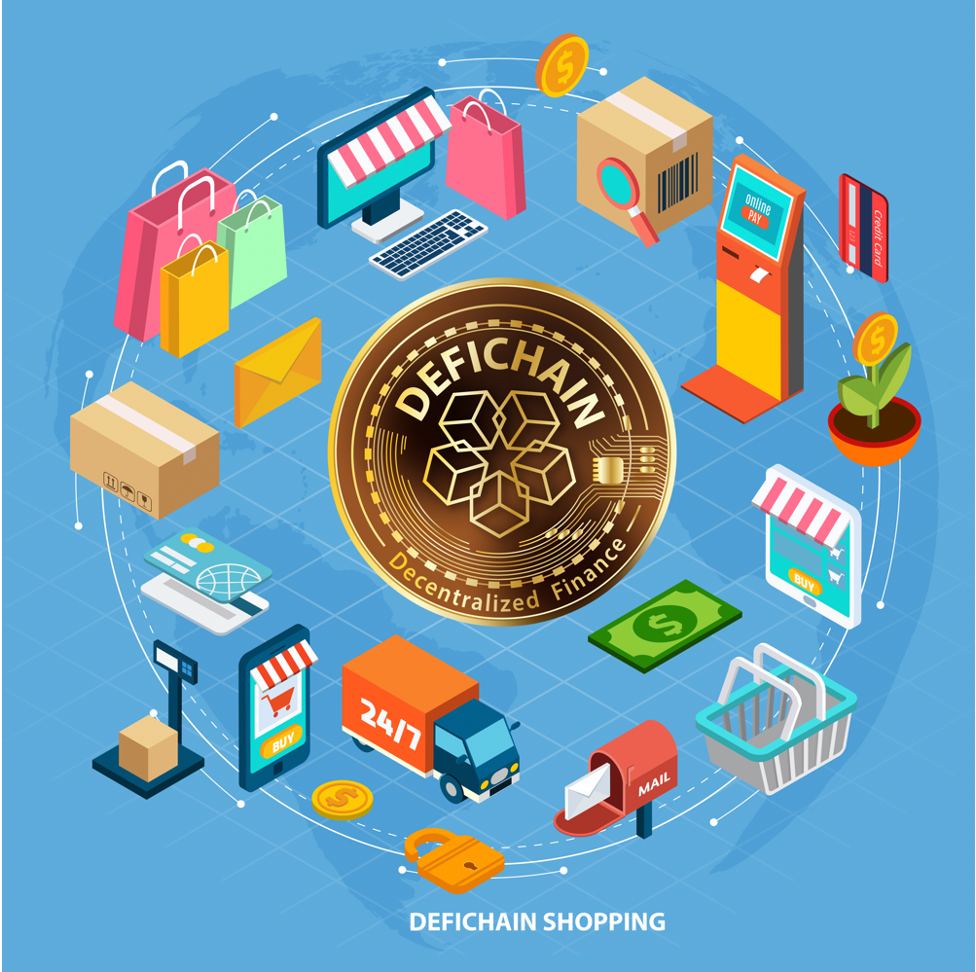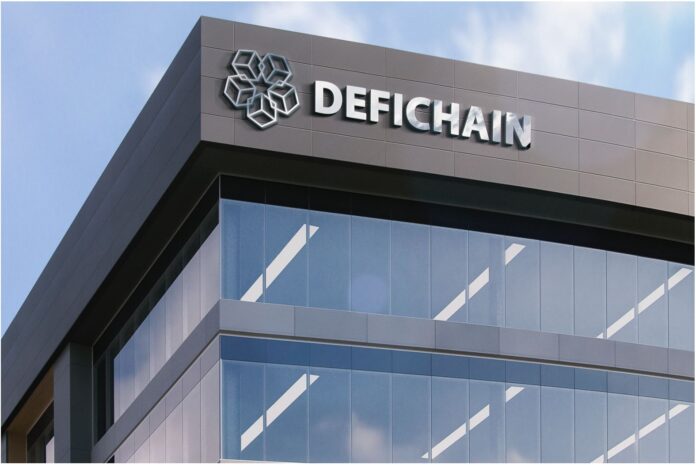Defichain (DEFI) – a UK-based company focused on de-fi blockchain development has confirmed it will digitize finance, making it more transparent and better than ever for everyone. To learn more about the positive changes that will be brought about by Defichain, also learn about the advantages of De-fi blockchain technology – a powerful and powerful tool in digitizing the financial background.

Decentralized finance—often called DeFi—refers to the shift from traditional, centralized financial systems to peer-to-peer finance enabled by decentralized technologies built on the Ethereum blockchain. From lending and borrowing platforms to stablecoins and tokenized BTC, the DeFi ecosystem has launched an expansive network of integrated protocols and financial instruments. Now with over $7 billion worth of value locked in Ethereum smart contracts, decentralized finance has emerged as the most active sector in the blockchain space, with a wide range of use cases for individuals, developers, and institutions.
Whereas our traditional financial system runs on centralized infrastructure that is managed by central authorities, institutions, and intermediaries, decentralized finance is powered by code that is running on the decentralized infrastructure of the Ethereum blockchain. By deploying immutable smart contracts on Ethereum, DeFi developers can launch financial protocols and platforms that run exactly as programmed and that are available to anyone with an Internet connection.
The breakthrough of DeFi is that crypto assets can now be put to use in ways not possible with fiat or “real world” assets. Decentralized exchanges, synthetic assets, and flash loans are completely novel applications that can only exist on blockchains. This paradigm shift in financial infrastructure presents a number of advantages with regard to risk, trust, and opportunity.


What Are the Benefits of Decentralized Finance?
Decentralized finance leverages key principles of the Ethereum blockchain to increase financial security and transparency, unlock liquidity and growth opportunities, and support an integrated and standardized economic system.
Programmability.
Highly programmable smart contracts automate execution and enable the creation of new financial instruments and digital assets.
Immutability.
Tamper-proof data coordination across a blockchain’s decentralized architecture increases security and auditability.
Interoperability.
Ethereum’s composable software stack ensures that DeFi protocols and applications are built to integrate and complement one another. With DeFi, developers and product teams have the flexibility to build on top of existing protocols, customize interfaces, and integrate third-party applications. For this reason, people often call DeFi protocols “money legos.”
Transparency.
On the public Ethereum blockchain, every transaction is broadcast to and verified by other users on the network (note: Ethereum addresses are encrypted keys that are pseudo-anonymous). This level of transparency around transaction data not only allows for rich data analysis but also ensures that network activity is available to any user. Ethereum and the DeFi protocols running on it are also built with open source code that is available for anyone to view, audit, and build upon.
Permissionless.
Unlike traditional finance, DeFi is defined by its open, permissionless access: anyone with a crypto wallet and an Internet connection, regardless of their geography and often without any minimum amount of funds required, can access DeFi applications built on Ethereum.
Self-Custody.
By using Web3 wallets interact with permissionless financial applications and protocols, DeFi market participants always keep custody of their assets and control of their personal data.










